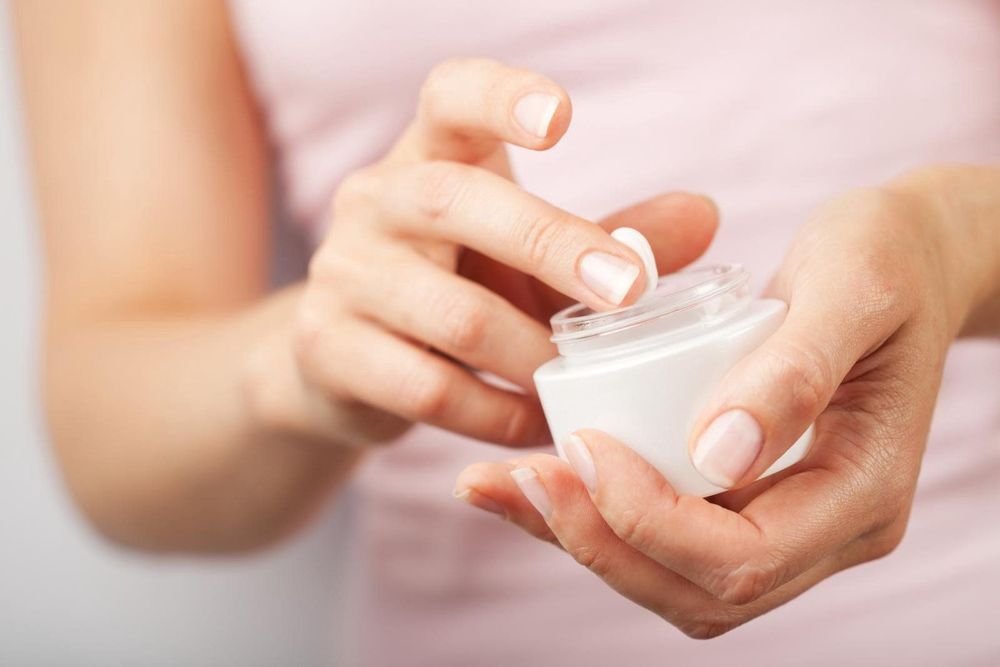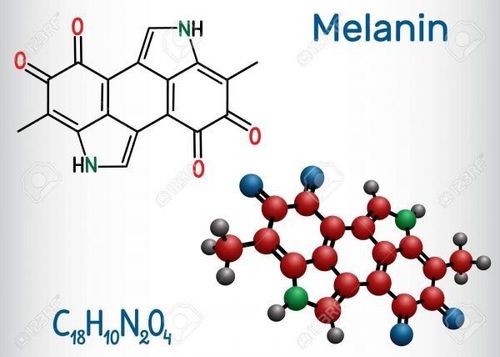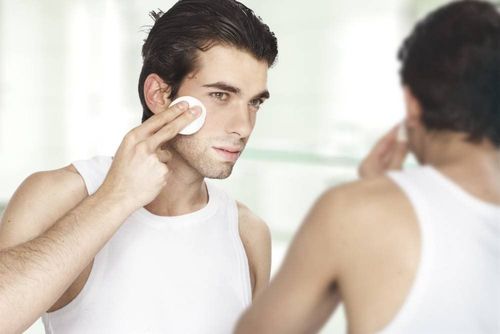Before using any methods to alter the pigmentation of the areola, it is important to understand how the color of the areola changes over time. Do nipple pinkening creams work? Let's find the answer in the following article
1. Why do areolas tend to darken?
There are many reasons why the areola darkens, causing women to feel self-conscious. Changes in areola color often occur during the menstrual cycle, when women are pregnant or breastfeeding. Sometimes, color changes depend on genetics and hormonal changes in a woman's body.
Researchers believe that the hormones estrogen and progesterone are the main factors causing color changes in the areola and nipple. Additionally, aging, chronic diseases, and poor lifestyle can also contribute to darker areolas.
Skin pigmentation also determines the color of the areola. While melanin is the pigment responsible for skin color across the body, it also affects the color of the areola, specifically:
• Eumelanin, a brown pigment, causes the areola to darken.
• Pheomelanin, a red pigment, results in a lighter areola.
So, is a dark areola a bad sign? The first thing to note is that changes in areola color over time and with age are not signs of disease. In fact, it is a natural process, much like other changes that your body goes through as you age.
2. Does nipple pinkening cream work?
2.1. Ingredients of nipple pinkening creams
The skin around the nipple, like other areas of the body, darkens when the body produces too much melanin. Many people use whitening and lightening creams to try to alter the natural color of their areolas, hoping for results similar to those of products that fade dark spots and freckles.
However, most nipple pinkening creams advertised today contain strong ingredients that can cause allergic reactions and rashes. Specifically, they often contain Hydroquinone – one of the strongest and most controversial skin lighteners. Hydroquinone is commonly used for its ability to lighten skin, increase pigmentation, and treat dark spots, melasma, age spots, and freckles.
Although Hydroquinone is a powerful melanin inhibitor, experts still recommend not using it to lighten the areolas.

2.2. Are nipple pinkening creams effective?
The skin around the areola is extremely sensitive, making it difficult to alter its color. You may even experience irritation from certain moisturizers, soaps, or detergents if applied too frequently. Additionally, many nipple pinkening creams are chemically formulated and contain overly strong ingredients that negatively affect the nipple skin. The use of lightening products containing Hydroquinone can put users at risk of damaging the nipple (or any body part where the solution is applied).
Despite these dangers, some companies and beauty salons continue to use high concentrations of Hydroquinone in nipple pinkening creams for clients who request them. This is not only unethical and irresponsible but also very dangerous.
3. Tips for Naturally Lightening the Areola
Here are some tips if you want to naturally lighten your areolas in a safe way and minimize unnecessary risks:
• Avoid any products that contain high concentrations of Hydroquinone.
• Prioritize using skin lightening products with natural ingredients like vitamin C and minerals.
• Exfoliate the areola area regularly to promote the shedding of old skin cells and stimulate the production of new skin cells.
• Choose a comfortable bra that is not too tight to avoid pressure on the chest area.
• Maintain a balanced diet, rich in fruits and fresh vegetables.
• Drink enough water to prevent dry skin.
These are some simple tips to help improve the color of your areolas over time. Hopefully, you will be consistent in following them to achieve a naturally brighter and safer result.
To arrange an appointment, please call HOTLINE or make your reservation directly HERE. You may also download the MyVinmec app to schedule appointments faster and manage your reservations more conveniently.
To arrange an appointment, please call HOTLINE or make your reservation directly HERE. You may also download the MyVinmec app to schedule appointments faster and manage your reservations more conveniently.








